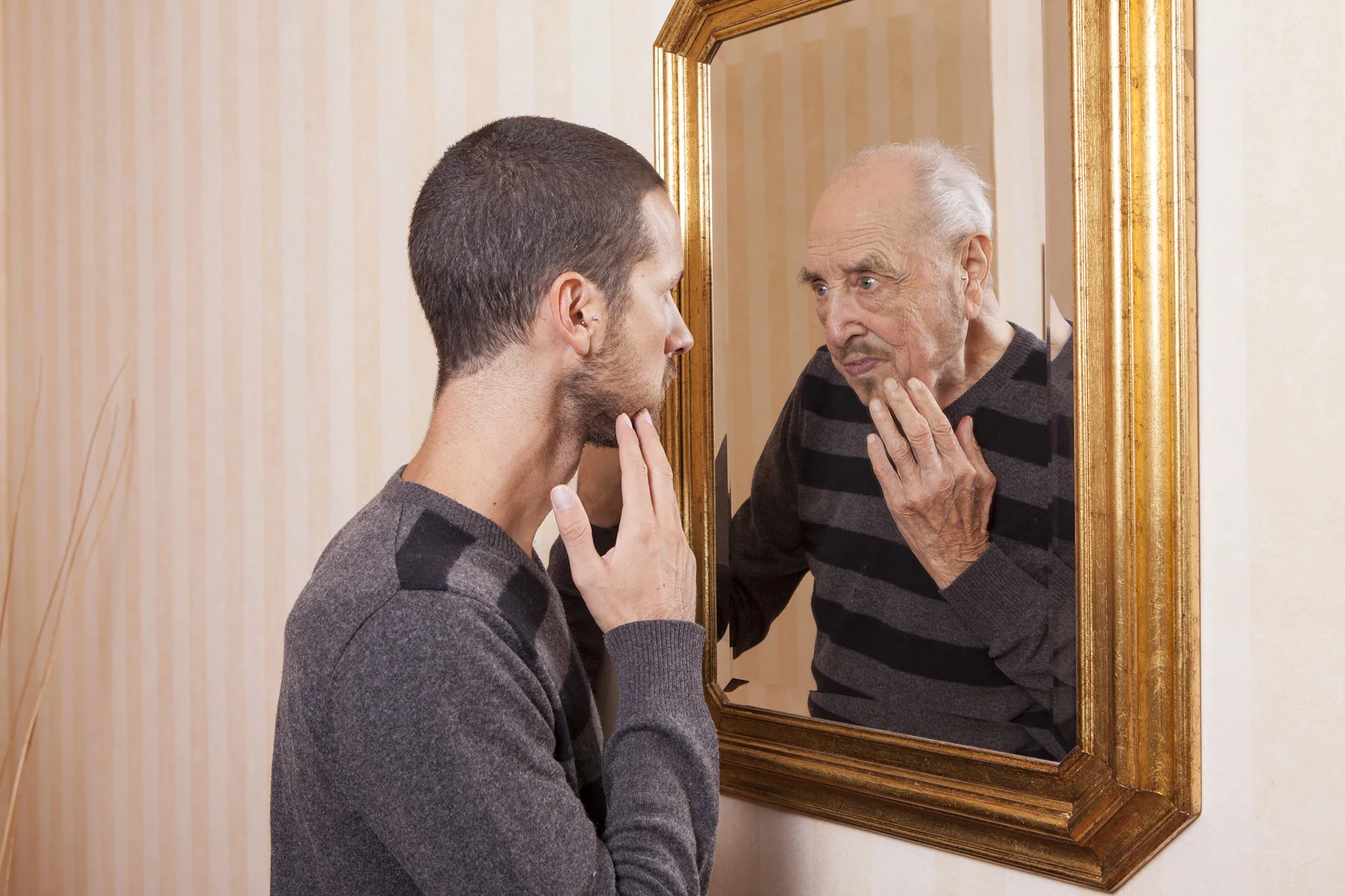Magazine
How Can Sweat Affect Your Skin?

Sweat is just one of those natural things that everyone’s body produces. Whether you’ve sweat your pores out in a hard workout or went through a hot summer’s day without the AC on – you are bound to sweat. While it cannot be prevented, sweat has both good and bad aspects to it; some of which are extremely important while others can be harmful for your skin.
Just to make sure that you’re fully covered and have all your facts straight, we prepared this thorough and essential guide on sweat; the good, the bad and the informative!

Did you sweat your pores out in a hard workout?
Sweat? What is it Good for?
It’s wet, sticky, and at times can even be the catalyst for unpleasant body odor. It seems that sweat has more cons than pros to it. Sweating is the body’s way to regulate its temperature. In this process, the body secretes salt-based fluids from your sweat glands and cools your body when it’s exposed to overheating, strenuous activities and sometimes, even in stressful situations.
Sometimes, the areas you sweat from vary according to the reason you are sweating. For instance, if you’re sweating on account of anxiety, you might experience moist palms. Or if you’ve just finished hitting the gym, you might be sweating from your armpits or face. That being said, there are millions of sweat glands in our bodies, producing sweat that is comprised of water and a miniature percentage of salt and fat. But aside from functioning as an effective self-cooling system that is operated by your autonomic nervous system, sweating it out can have other positive aspects.

Sweating on account of anxiety?
The Pros
Sweat is the body’s natural and safest way to detox. If you’ve been exposed to toxins, or consumed unhealthy substances, sweating can help you flush everything out from your system. This is especially true for removing prolonged effects of heavy metal exposure. Furthermore, since sweat contains fat, you’ll be flushing out more than just toxins in your workout. Sweating has been proven to boost weight loss. Which means you get two for one; a leaner and cleansed body.
When it comes to your skin, among the harmful substances that sweat flushes out, you can also count in skin impurities, dirt, bacteria and other pollutants. This mechanism is a rather vital one that our immune system employs – it is the body’s way of repelling the harmful bacteria and allowing for a natural and healthy renewal of skin cells. Furthermore, studies have shown that one of the sweat components serves as a natural antimicrobial peptide, which basically means that it kills certain germs and assists in maintaining our overall health.
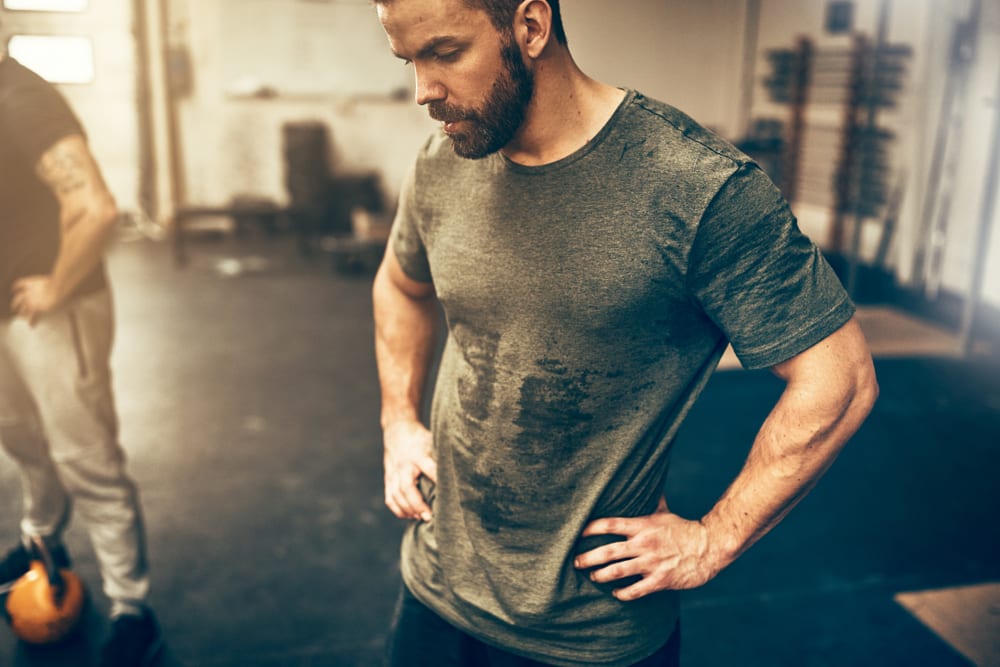
Sweating has been proven to boost weight loss
The Cons
Naturally, you can’t choose to stop sweating; it’s a natural reaction that you are bound to have regularly. However, when you sweat your body secretes its water as well as its natural sebum. Thus, causing your skin and body to lose some of the essential things it needs to properly function. The water loss might make your skin look pale and not as elastic, while the lack of necessary sebum might create an imbalance and even lead to drier and unhealthy skin. So if you do have to sweat, don’t forget to increase your water intake.
You should also be aware of the fact that while sweating is essential for temperature regulation and flushing out toxins, those same harmful substances could potentially stay on your skin if not properly rinsed and cleaned. Thus, the sweat can induce inflammations, irritations and even worsen a case of acne rather than expel the impurities clogging your pores. The best solution to this is washing regularly, maintaining a high level of hygiene, frequently changing your towel, and of course, never using someone else’s at the gym.
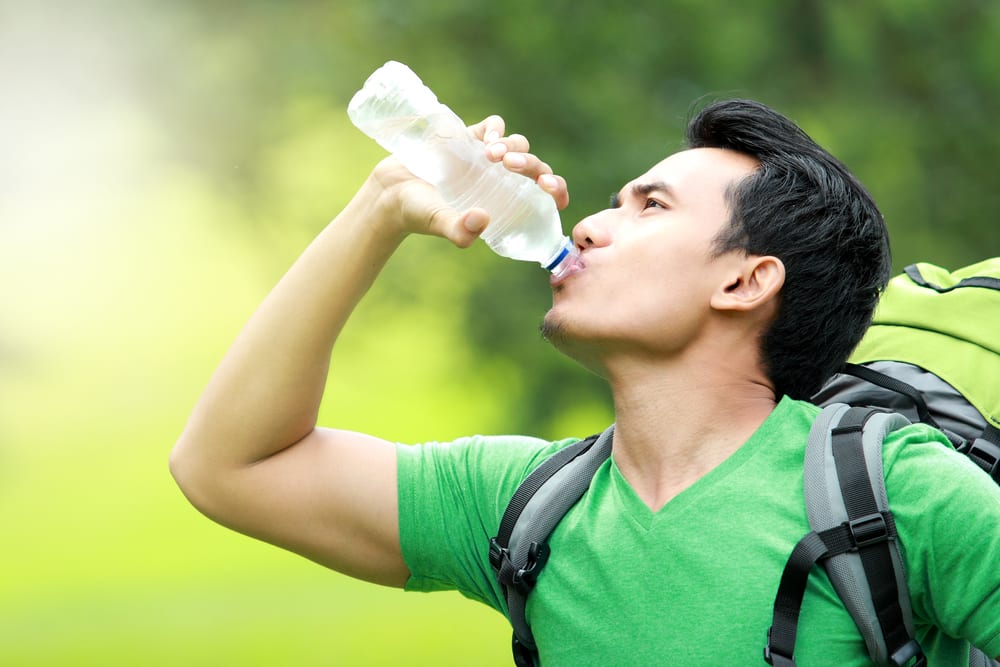
Sweating? Don’t forget to increase your water intake
The Conclusion
Sweating is just one of those unpleasant things that we simply must learn to live with. It’s the body’s natural way of telling us that it’s properly functioning and knows what it’s doing. It’s only the extreme cases, such as not sweating at all or possibly sweating too much, that need to be examined. Otherwise, allow your pores to express themselves, cleanse you and allow for your skin’s natural rejuvenation.
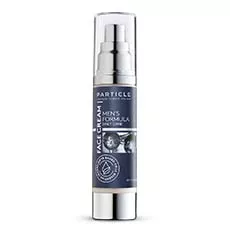
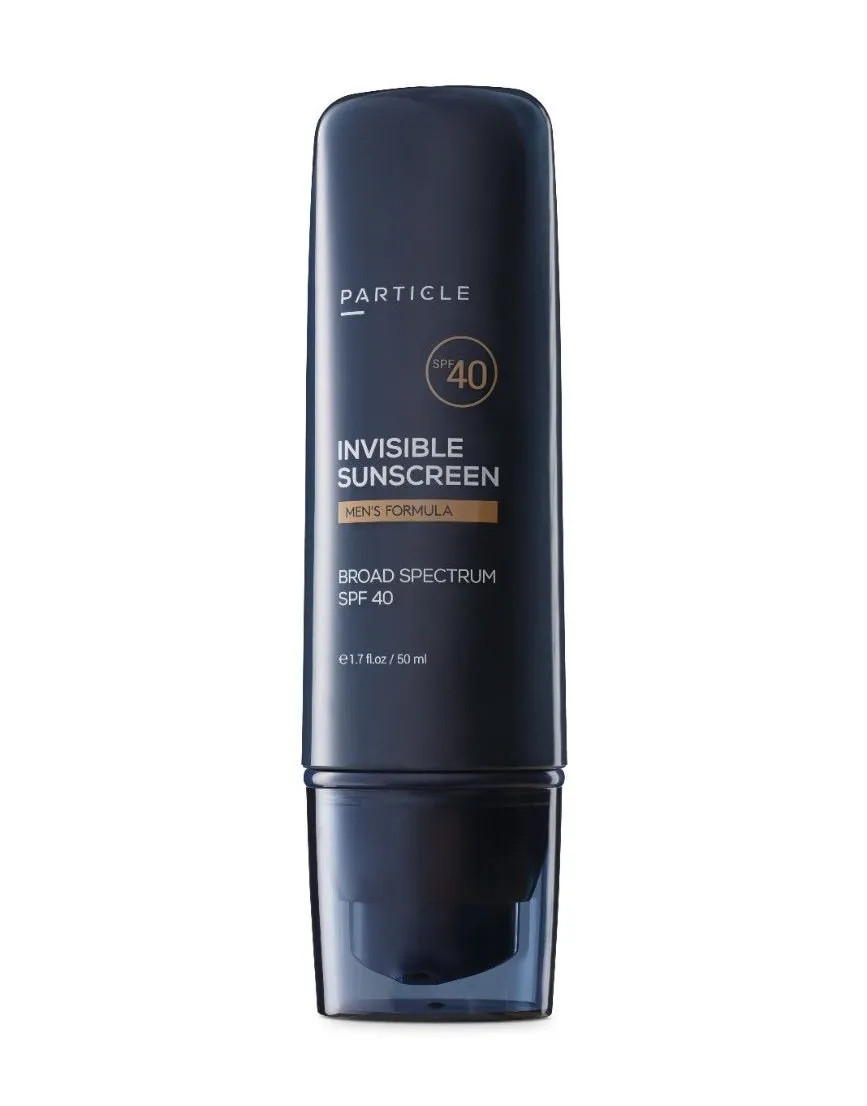
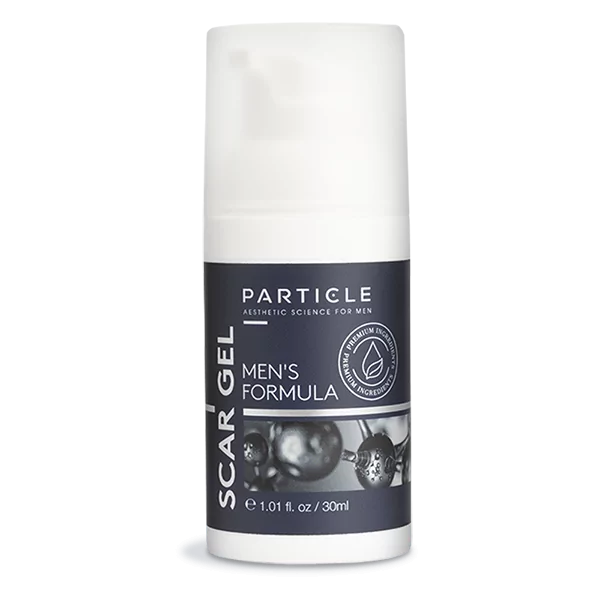
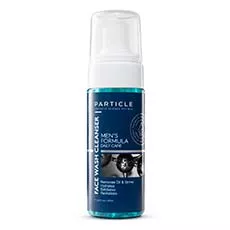
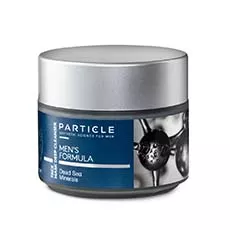
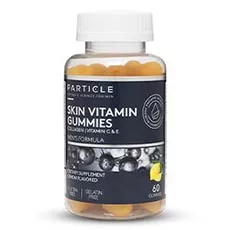
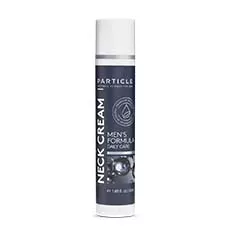
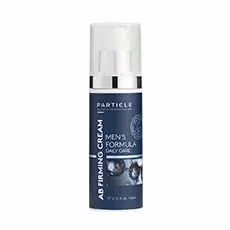
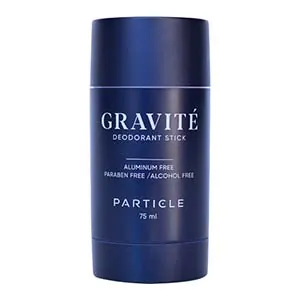
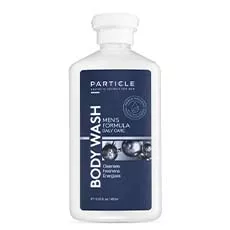
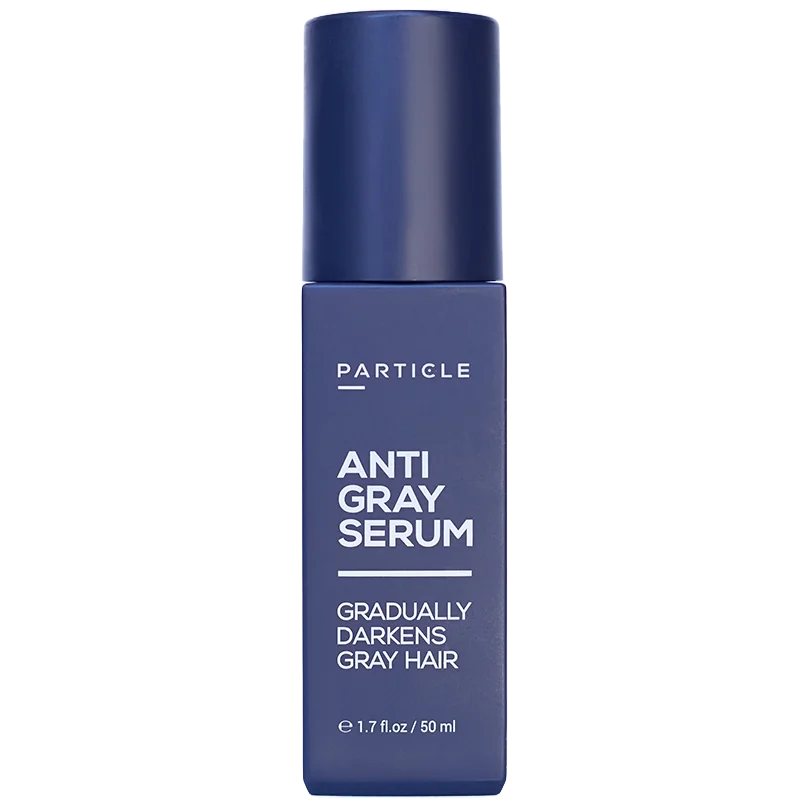
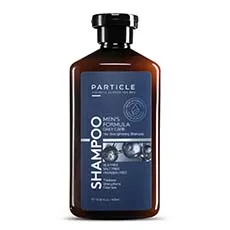
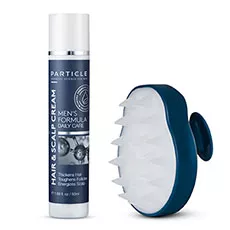
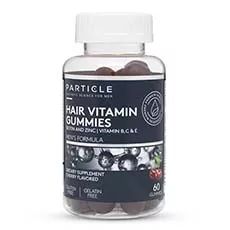
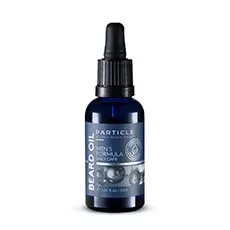
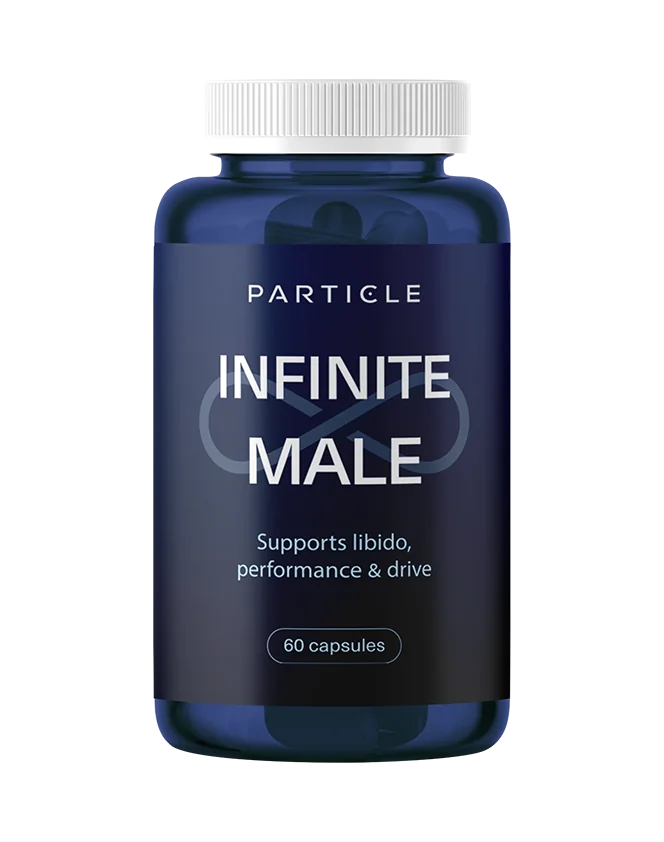
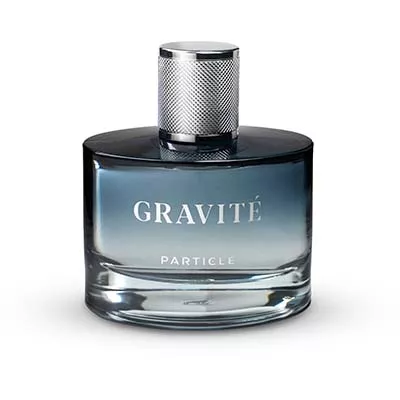

 en
en














